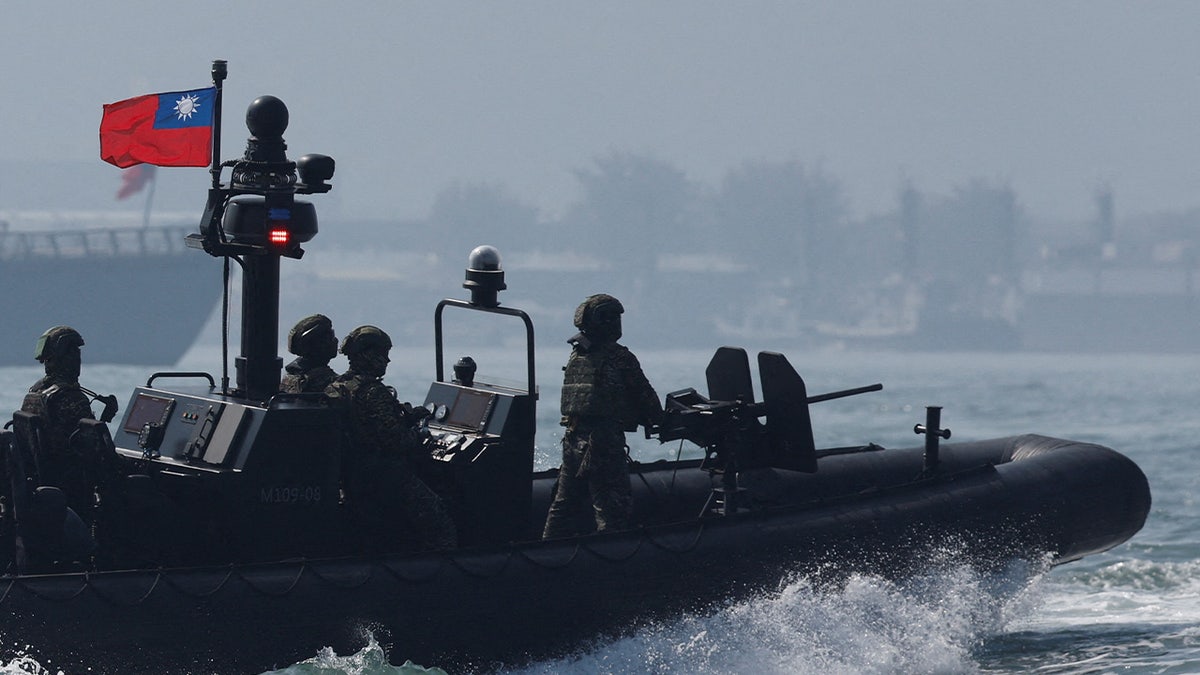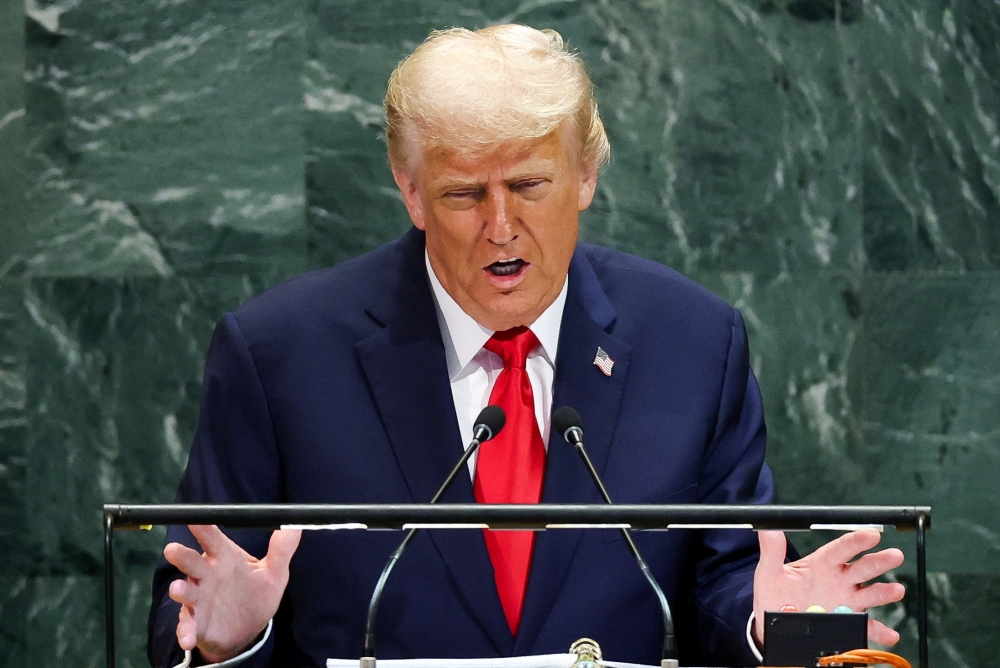
Trump Halts Military Aid to Taiwan, and It Concerns Us, Too
As drawn-out tariff negotiations revealed, South Korea is no exception. Trump also went as far as to make demands in exchange for security, which included modernizing the alliance and increasing the strategic flexibility of U.S. Forces Korea. It is crucial to establish a mutually beneficial alliance that reflects South Korea’s national interests through joint discussions and not Trump’s unilateral decisions.
On Sept. 18, The Washington Post reported that Trump recently refused to approve a $400 million weapons provision to Taiwan. This has led to many assessments that U.S. policy toward Taiwan has shifted. As part of the Indo-Pacific Strategy, Taiwan is vital for the United States to contain China. There is considerable concern that President Xi Jinping, ahead of his fourth consecutive term in 2027, will invade Taiwan. Through the National Defense Authorization Act, the U.S. Congress during the Joe Biden administration approved Taiwan’s military aid budget of around $1 billion. The government also granted the Presidential Drawdown Authority, in which stockpiles of weapons and equipment, without approval from Congress, are rushed to a foreign country to provide aid in times of emergency. At the time, China strongly opposed this, saying that Taiwan is “turning into a powder keg” for the United States. During Trump’s first term, the United States sold $20 billion in weapons to Taiwan. However, Elbridge Colby, key strategist and undersecretary of defense for policy, said that Taiwan’s defense expenditures, as a share of the gross domestic product, “should be more like 10 percent.” He made this critique at his confirmation hearing last March.
Although Taiwan’s defense budget for next year is up 22.9% from this year, it only amounts to 3.32% of GDP. By U.S. standards, the budget is absurdly insufficient. It is obvious how hard the United States will pressure Taiwan into buying weapons. The issue is a concern not only for Taiwan, but also for South Korea, as it aims to reach an agreement with the United States through a package of tariffs and security measures. The nation must find a reasonable balance that the public can accept.

